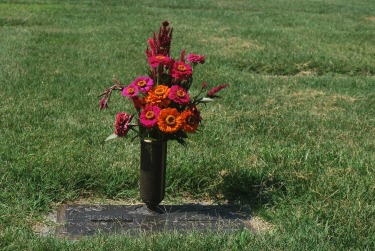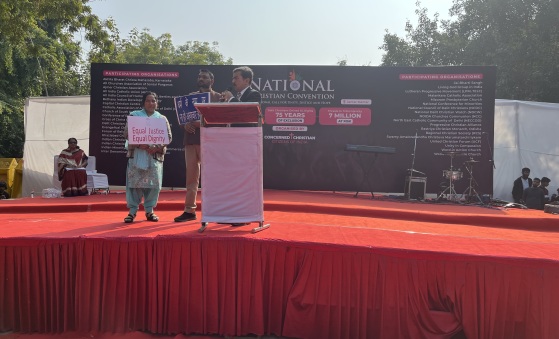
Over 400 villagers from 22 villages in the Kanker district of Chhattisgarh gathered on October 5 and voted to deny Christians the right to burial land, marking a new escalation in religious discrimination in the region.
The meeting, called to address what participants described as the “cultural impact” of conversions to Christianity, ended with a decision to block Christian burial practices and restrict believers’ access to community land.
Chhattisgarh records the second-highest number of anti-Christian incidents in India, after Uttar Pradesh. Kanker district has recently seen a surge in Hindu nationalist activity, with both violent and non-violent campaigns aimed at preventing Christian worship and conversions.
During Sunday’s gathering, Deepak Yadav, a Christian from Banspatar village, was questioned about his faith and pressured to undergo Ghar Wapsi, a reconversion ritual to Hinduism. When he refused, he was expelled from the meeting.
Participants also discussed vandalizing churches, excluding Christians from forest land, and empowering local councils to investigate and act against religious conversions.
Earlier this year, at least six village councils in Kanker passed resolutions banning Christian pastors and missionaries, erecting billboards declaring villages “off-limits” to Christian activity. The signs cite constitutional protections under the Fifth Schedule and the Panchayats (Extension to Scheduled Areas) Act, 1996 (PESA). Christian advocacy groups have since filed a public interest lawsuit challenging these restrictions.
Adapted from ICC.




